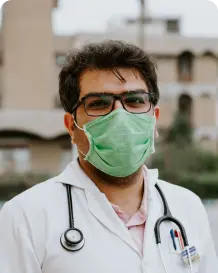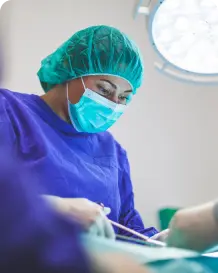Fistula Treatment in Bangalore
An abnormal connection between two body parts, such as organs or cavities, is known as a Fistula. Know more about fistula Treatment/Surgery in Bangalore. An abnormal connection between two body parts, such as organs or cavities, is known as a Fistula. Know more about fistula Treatment/Surgery in Bangalore.
Latest procedures
 50+
50+
Expert surgeons
Personal Assistance







